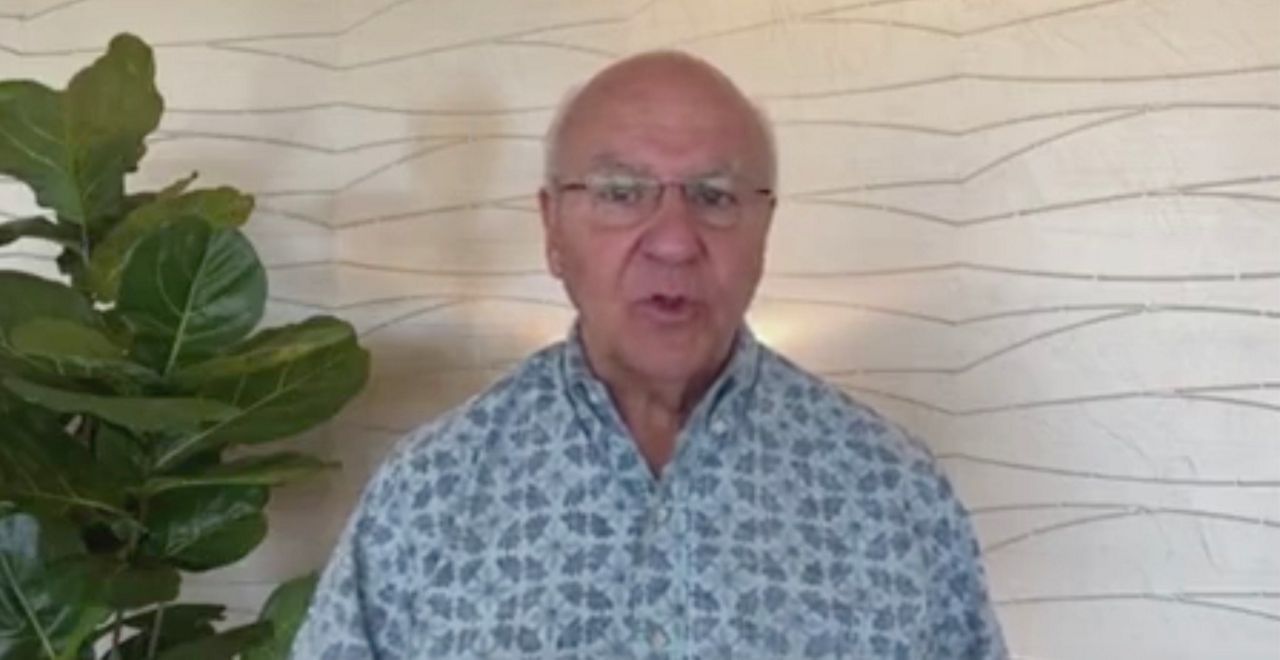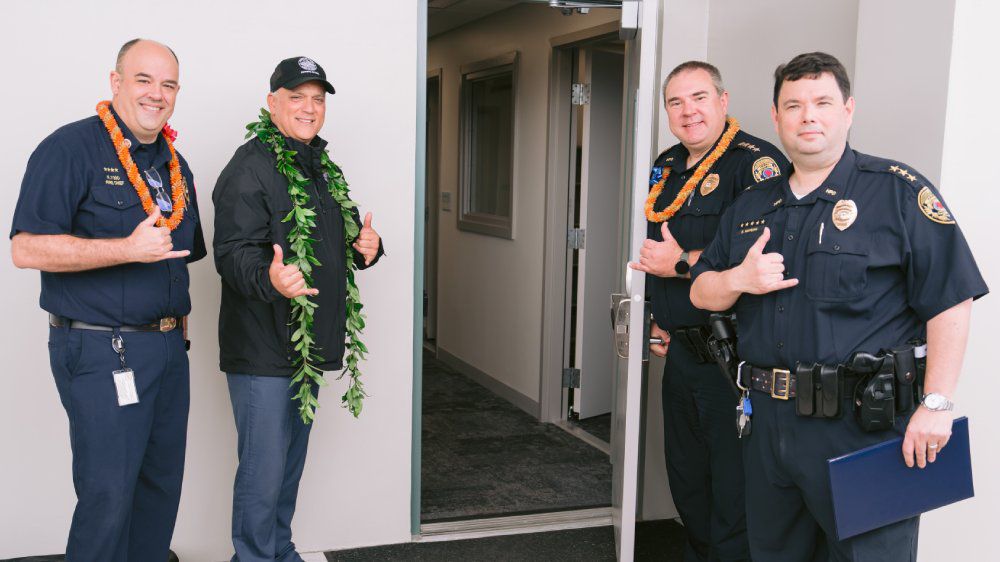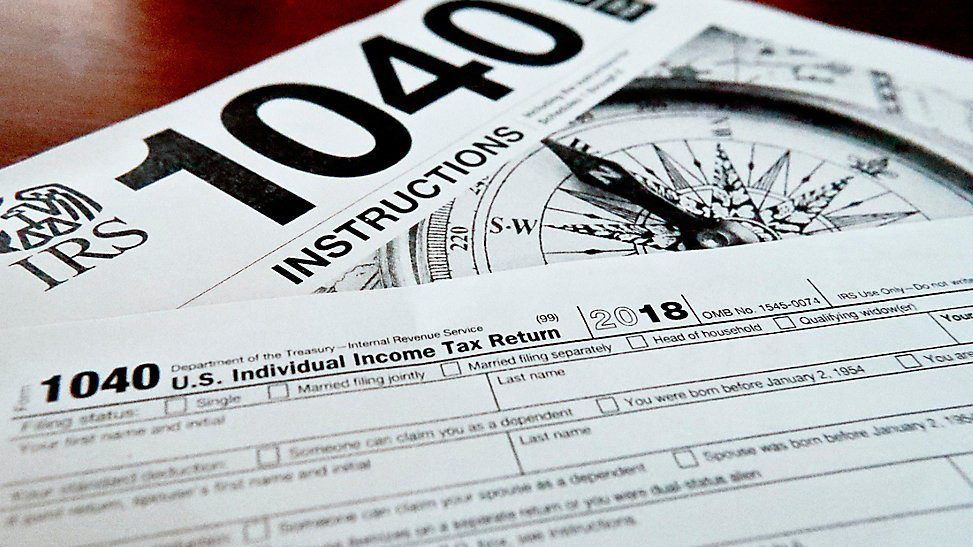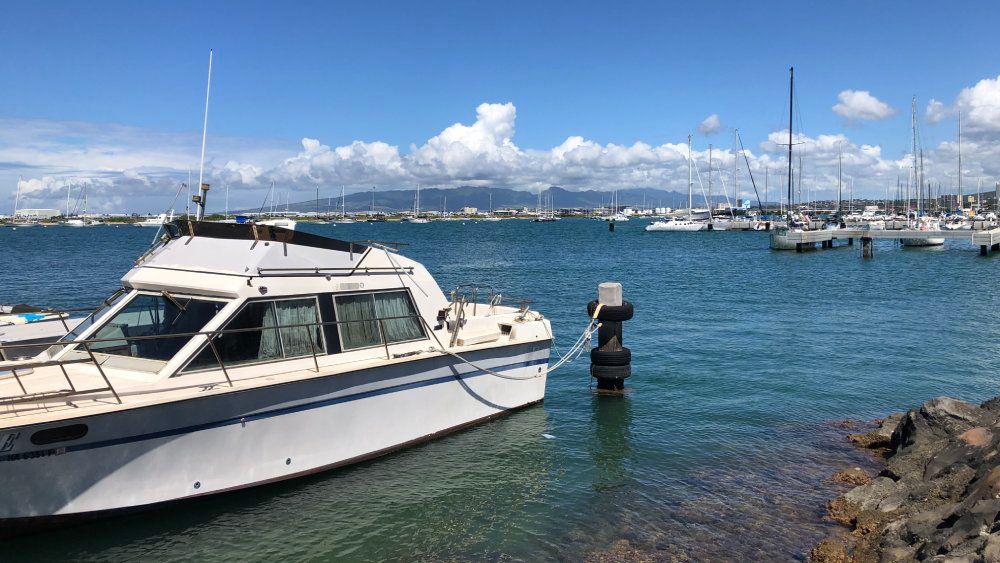HONOLULU — Honolulu nonprofit organizations that have been negatively impacted by the pandemic may be eligible for up to $100,000 in relief thanks to a $30 million allocation by the city and county, Honolulu mayor Rick Blangiardi announced on Monday.
“Because nonprofits operate on a cost-reimbursement basis, it is very difficult for them to overcome financial hardships,” Blangiardi said. “Without the cushion of a profit margin, they simply are not as resilient a for-profit commercial businesses. It doesn’t take much to sink even the most successful nonprofit, and my administration is interested in growing our City’s nonprofit resource capacity versus allowing vital organizations to shrink because of COVID-19. The work that they do for the people of the City and County of Honolulu is just too important.”
These funds will be awarded to qualifying nonprofits on a first-come, first-served basis until funds are exhausted.
The funds may be used for working capital to cover day-to-day operating expenses such as rent or lease payments, mortgage payments, asset maintenance, utility expenses, payroll and benefits costs, personal protection equipment, internal organization use or other everyday expenses that have not been covered by other federally supported programs or an insurance claim.
“I am very excited to see ARPA funds being distributed to support our nonprofits, who provide essential services to our community and play an important role in our economy,” said Honolulu City Council Vice Chair Esther Kiaaina. “Many of our nonprofits were impacted by the pandemic and the flexibility of these grants is exactly the type of relief that may make a difference as to whether some organizations will survive.”
On April 1, 2022, the U.S. Department of Treasury issued the Final Rule governing the Coronavirus State & Local Fiscal Recovery Funds (SLFRF) established under the American Rescue Plan Act (ARPA), which directly acknowledges the negative economic impact of the pandemic on the nonprofit sector. The Honolulu Department of Community Services (DCS) will directly administer this program, reviewing grant applications for completeness, determining whether the nonprofit meets the eligibility guidelines, determining the amount of award based on the application and distributing funds to qualified applicants.
“While we are starting to see a partial return to normalcy in our community, nonprofit organizations and the people they serve are still facing hardships,” said Council member Calvin Say, who also chairs the budget committee. “These nonprofits often partner with the city to deliver sorely needed services. However, they are largely dependent on donations from business and community members, who are also dealing with increased costs while still playing catch-up from the pandemic. I am happy that the City and County of Honolulu is able to offer this relief so that nonprofits can continue their good work here on Oahu.”
Applicants must also demonstrate the need for economic support resulting from financial hardship caused by declines in revenues, such as the loss of donations or fundraising revenue due to the COVID-19 public health emergency.
Examples of economic harm include, but are not limited to:
- A decline in charitable donations and gifts as a result of COVID-19 restrictions affecting regular fundraising events
- Staffing inefficiencies related to COVID-19 restrictions, workplace exposures or infections
- An operating loss due to carrying costs of a facility that went unused or under-utilized during the pandemic due to COVID-19 capacity restrictions
Organizations must also meet the following minimum requirements to be considered for funding:
- Applicant must be a 501(c)3 nonprofit organization on Oʻahu and primarily provide direct assistance and services to Oʻahu residents;
- The nonprofit must have been established long enough to have two complete tax filings for years 2019, 2020, and 2021;
- The nonprofit must be able to document and substantiate that it has experienced an economic loss due to COVID-19 and its associated impacts
- The amount requested cannot exceed the amount of economic loss due to COVID-19 minus any COVID relief grants or subsidies that have already been received that are applicable to those costs;
- The nonprofit must submit the application and all the required supporting documentation;
- The nonprofit must provide Equity information as required in the application; and
- The nonprofit must be in good standing with the DCCA and provide a current Certificate of Good Standing.
The city will begin accepting applications in early September. However, nonprofits are encouraged to begin gathering the necessary paperwork that must be included with their application. The following documents must be submitted with the application:
- Nonprofit organization 2019 & 2020 tax returns (must include IRS Form 990, 2021 if available)
- In the event a completed 2021 Form 990 is not available, the nonprofit shall provide its financial statements with a signed attestation on the accuracy of the statements provided
- In the event the nonprofit’s Form 990 includes the operating results from other States and or Counties of the State of Hawaii, operating revenues and expenses attributed to Oahu should be disaggregated — the nonprofit shall provide its financial statements of its Oahu operations with a signed attestation on the accuracy of the disaggregated estimates provided
- Certificate of vendor compliance from ehawaii.gov, Hawaii compliance express
- Current Certificate of Good Standing from Hawaiʻi DCCA
- Current List of Current Board Members and affiliations
- Current NonProfit organization By-laws
- Current IRS Form W-9
Nonprofits that would like to be notified when applications are being accepted are invited to subscribe to the Department of Community Service Funding Opportunites email list by clicking on the following link: honolulu.gov/esub/email-subscribe-dcs.
Michael Tsai covers local and state politics for Spectrum News Hawaii.









